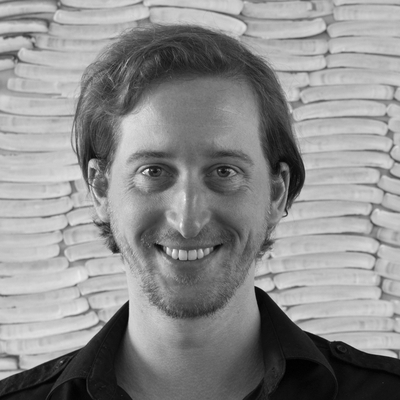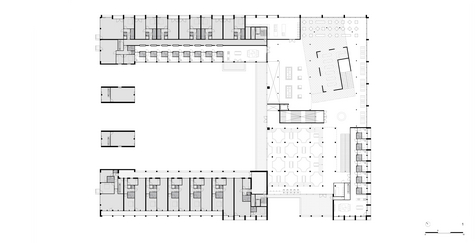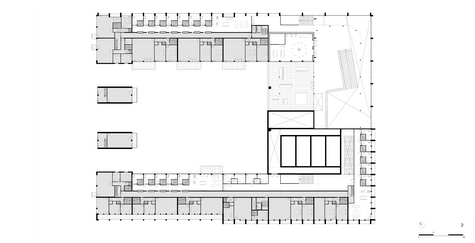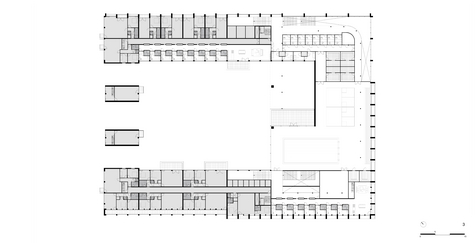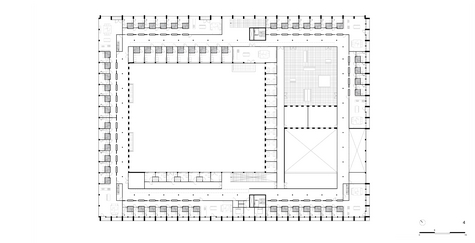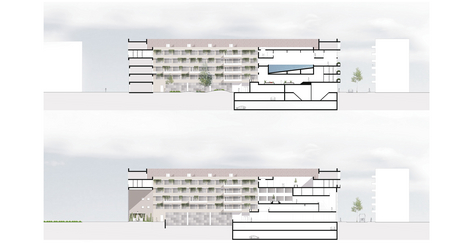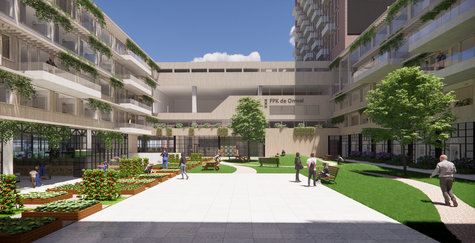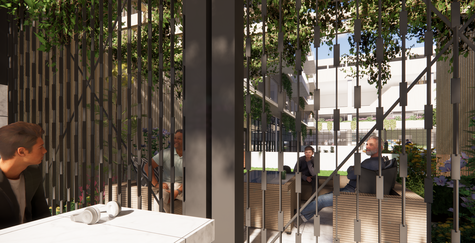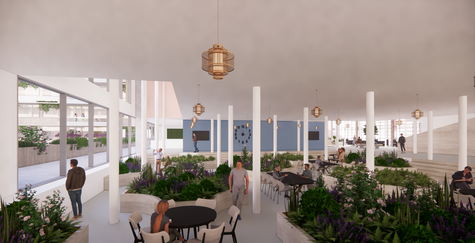Daan Jansen
Wie goed doet, die goed ontmoet
Who does good will meet good
With the murder of Anne Faber in 2017, there was a lot of renewed attention in the Netherlands for people with a TBS order (a treatment order imposed by the court on people who have committed serious crimes while suffering from a psychiatric illness or disorder). A heated discussion regarding the danger that TBS patients pose to society followed. This discussion happened in a harsh tone: the consensus often was that it is better to throw away the key than to risk recidivism from formerly violent people.
My interest in this group of people as a result of the murder was initially the great anonymity of their existence and the high impenetrable walls and fences that apparently are necessary for our safety. What kind of building do we need for these ex-criminals? Are the arguments you hear on TV true, and is it pointless to proceed in this manner? Do they deserve it? Should it be different? Do the clinics currently work in the way they are designed?
Through research in books, visiting several clinics, and conversations with a former client (now policy advisor to a TBS clinic), I am convinced that TBS patients do indeed have a place in society, but that there is still a lot to be gained before these people get a fair second chance. With my design for a clinic in the city, I show that TBS can also have a completely different appearance.
Graduation date: 8 November 2022
Graduation committee: Micha de Haas (mentor), Erik Wiersema, Laura van der Pol
Additional members for the exam: Winfried van Zeeland, Ricky Rijkenberg
